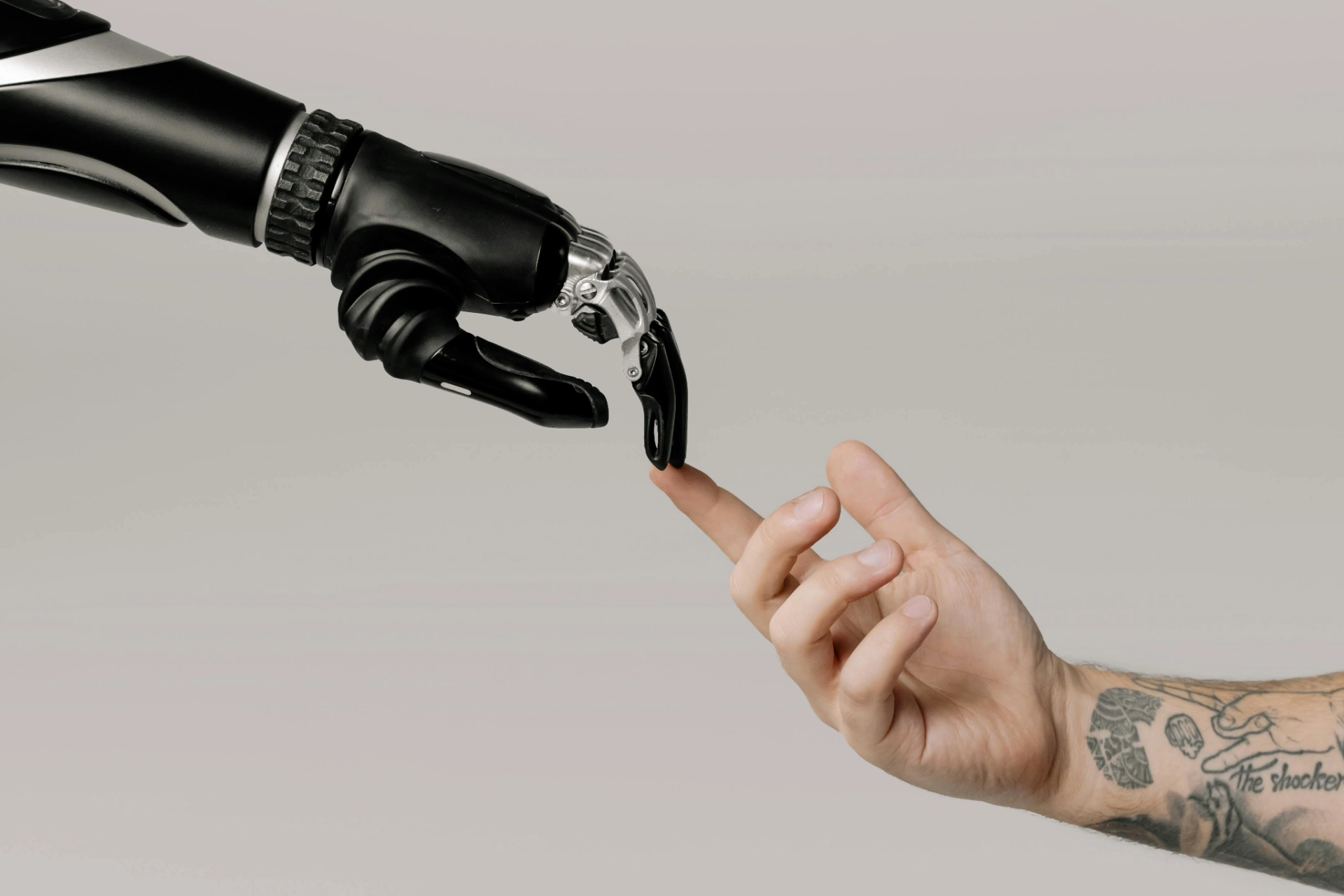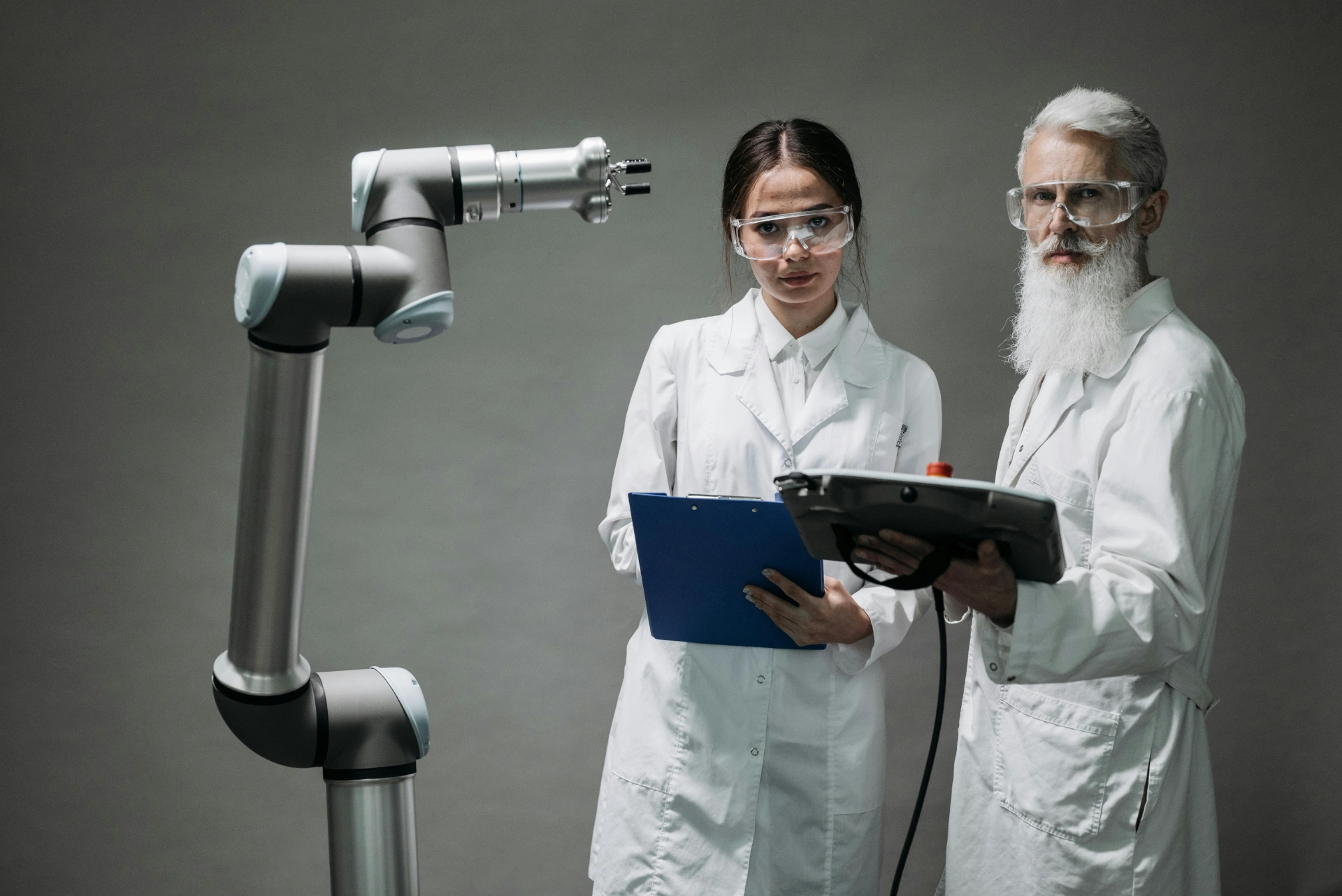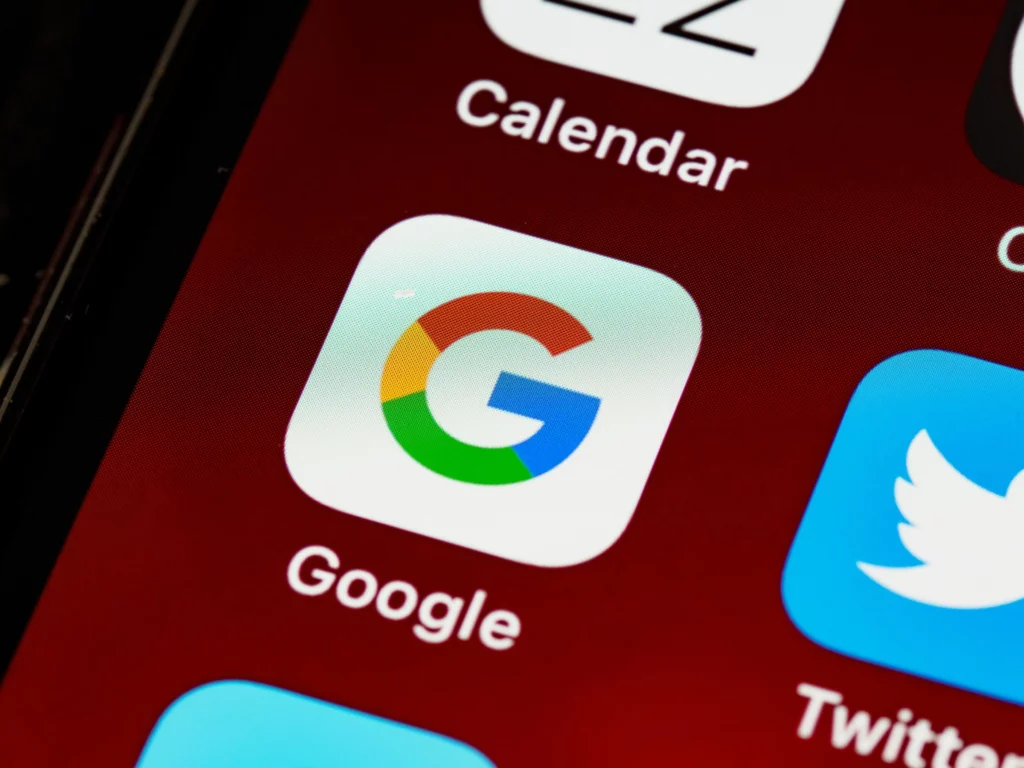ChatGPT vs Claude, the battle of AI giants in 2025
In 2025, the world of artificial intelligence is dominated by two titans: GPT-5, the latest AI model developed by OpenAI, and Claude 3.5 Sonnet, the improved version of the Claude family designed by Anthropic. These large language models are redefining industry standards, each bringing innovations that appeal to both developers and users.
The battle between Claude and ChatGPT continues to intensify, with each platform claiming to be more performant for specific uses: text generation, coding, data analysis, or content creation. On one side, OpenAI’s ChatGPT, based on the GPT architecture, continues to evolve with its GPT-5 version, while on the other side, Claude 3.5 Sonnet and its Claude 3.7 variant promise better contextual understanding and advanced functionalities for coding tasks.
In this article, we will analyze the two models, their respective capabilities, and determine which AI to choose in 2025. You will also discover why some consider Claude 3.5 Sonnet to be more efficient than its predecessors and if it is the best alternative for users looking for an ideal AI model for developers and content creation.

Claude 3.5 Sonnet and GPT-5: Game-changing AI models
Artificial intelligence is rapidly evolving, and the arrival of GPT-5 from OpenAI marks a significant advancement. This model, which succeeds GPT-4, integrates multimodal functionalities, allowing it not only to process text but also images and potentially other types of data, opening up new possibilities for users in fields such as natural language processing, content creation, and data analysis.
Claude 3.5 Sonnet, developed by Anthropic, is positioned within an ethical and transparent framework, aiming to reduce biases while delivering high-level performance for tasks such as coding and managing complex data. While Claude 3.5 Sonnet stands out for its ethical approach, GPT-5 emphasizes flexibility and performance through broader integrations and plugins, allowing it to address a wider range of use cases.
The choice between the two AIs will largely depend on user priorities. For example, those prioritizing a more ethical AI focused on data security and bias reduction may lean toward Claude 3.5 Sonnet. On the other hand, those seeking versatility and speed will likely find GPT-5 more suited to their needs.
Performance, features, and use cases
When comparing Claude 3.5 Sonnet vs GPT-5, it is impossible to overlook the major differences in their design and uses. Claude 3.5 Sonnet has been optimized for better contextual understanding, while GPT-5, the successor to GPT-4, continues to expand its scope with a major update that integrates multimodal functions. These advancements enable both AIs to meet varied needs, from complex data analysis to advanced conversational support.

Claude 3.5 Sonnet: A security and precision-focused model
Claude 3.5 Sonnet stands out for its focus on security and ethics, making it particularly attractive for sensitive environments. Anthropic, in developing Claude, places a strong emphasis on reducing biases in AI outcomes and on the transparency of decisions made by the algorithm. This ethical approach is appealing to many businesses concerned about the ethical implications of AI, especially in sectors like healthcare, education, and finance, where data security is paramount.
The model also excels in managing complex coding tasks, making it a preferred choice for developers working on advanced technical projects requiring a nuanced understanding of contexts.
GPT-5: Flexibility and multimodality
In contrast, GPT-5 stands out for its ability to handle multiple tasks simultaneously, its flexibility, and its performance in text processing, making it ideal for a variety of use cases. It shines particularly with its multimodal capabilities, allowing it to process not just text but also images and videos, making the AI capable of handling complex requests involving multiple data formats.
The rich array of plugins and tools available on the OpenAI platform also allows GPT-5 to easily integrate into various workflows, whether to automate business processes, create smarter chatbots, or generate quality content at scale.
Towards a hybrid future: Which AI to choose in 2025?
The rivalry between Claude and ChatGPT perfectly illustrates the current dynamic in the artificial intelligence market. While Claude 3.5 Sonnet is more efficient for specific scenarios such as interpreting complex texts and managing sensitive contexts, GPT-5 positions itself as a universal tool with its improved version of GPT-4o. This multimodal flexibility and its mature ecosystem make GPT-5 a more suitable solution for applications requiring versatile performance.
Some analysts believe that Claude 3.5 Sonnet, due to its ethical approach and advanced data management, could surpass GPT-5 in areas such as managing biases and decision transparency. However, GPT-5 remains widely adopted in the industry for its adaptability and its ability to handle a wide range of use cases.
The choice between ChatGPT and Claude will therefore primarily depend on the user’s priorities: for businesses looking to automate their processes while benefiting from a robust and flexible tool, GPT-5 will likely be the best choice. However, for those who emphasize ethical values and tighter data control, Claude 3.5 Sonnet could offer an attractive alternative.

How to access ChatGPT 5 in Europe?
Since the official launch of GPT-5 by OpenAI, European users can now try this improved version of the model. Here are the steps to access it in France and other European countries:
- Sign up via OpenAI: Visit OpenAI’s official website to sign up for GPT-5 access. You may need to join a waiting list or get access through an invitation depending on availability.
Link to OpenAI for GPT-5 sign-up - Use ChatGPT Plus: GPT-5 is currently available for users subscribed to ChatGPT Plus. The subscription costs $20 per month and grants access to the advanced versions of the model.
Learn more about ChatGPT Plus - Access via third-party platforms: Some platforms and OpenAI partners may offer access to GPT-5 in controlled environments or for specific uses (e.g., via API).
Additional sources to test GPT-5 in France:
Conclusion: GPT-5 and Claude 3.5 Sonnet, which AI to choose in 2025?
The comparison between Claude 3.5 Sonnet and GPT-5 reveals two different approaches to artificial intelligence. On one side, OpenAI offers a versatile and enriched solution with its improved version of GPT-4o, ideal for various use cases. On the other side, Claude Sonnet 3.5 and its upcoming evolution to Claude 3.7 impress with their precision and advanced management of complex contexts. These two AIs demonstrate just how intense and crucial the technological race is for the future.
For those looking to integrate AI via an API, GPT remains a widely adopted choice due to its mature ecosystem. However, Claude Sonnet offers an attractive alternative, especially for businesses seeking a more ethical and controlled AI. The Claude vs ChatGPT question does not have a single answer, as it all depends on the priorities, use cases, and specific expectations in terms of performance.
Want to see how GPT-5 or Claude 3.5 Sonnet can transform your business in 2025? Schedule a meeting with iterates to discuss your AI needs and explore the best solutions for your projects! Book your consultation now and optimize your AI strategy.




